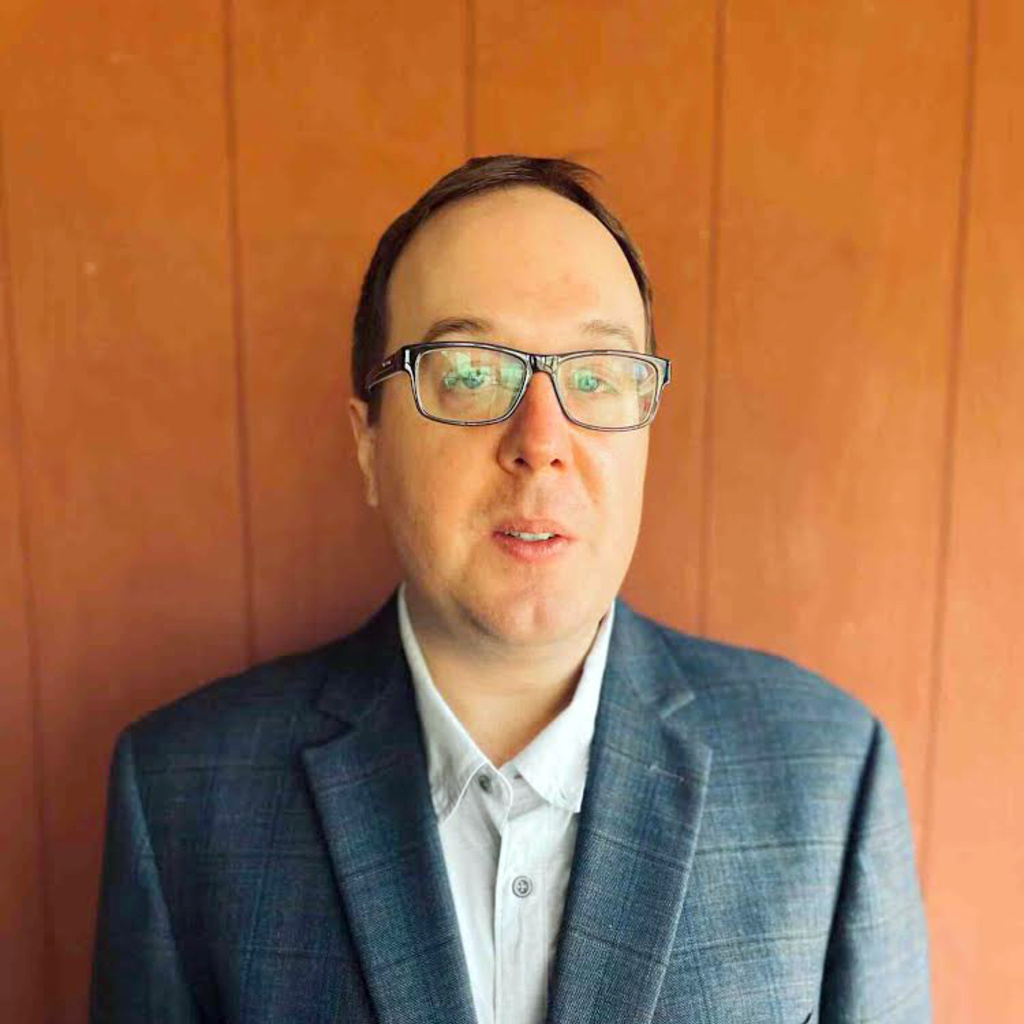Main navigation
Health and mental health social work
Health-care or medical social workers specialize in public health, disability, geriatric, palliative, and inpatient medical or mental health care. They work in hospitals or other specialized medical settings like nursing homes, rehabilitative care centers, or related home-care services like hospice care.
Some medical social workers are very specialized (for example, a social worker who serves only patients awaiting transplants or persons with intellectual disability) while others may serve a larger variety of clients with ongoing medical issues. Medical social workers often collaborate with other medical professionals such as doctors, nurses, discharge coordinators, administrative staff and physical therapists as part of an interdisciplinary team.
Social workers also deliver mental health care. Mental health therapy can be provided by a variety of mental health practitioners, but licensed clinical social workers are trained in community-based interventions as well as psychotherapy, while other mental health professionals often receive training that more narrowly focuses on mental health diagnosis and treatment.
Alcohol and drug counseling
Social workers regularly encounter individuals, families, and communities affected by substance use disorders (SUDs). Many social workers specialize in helping people who use alcohol, tobacco, and other drugs, while others provide services to individuals and their families in other contexts where SUDs are often integral to the clients’ presenting problems. These settings can include health and mental health centers, hospitals, child welfare and aging services, courts and correctional facilities, employee assistance programs, and private practices.
Students interested in developing expertise in substance use and abuse counseling are encouraged to take courses that will allow them to apply for the state of Iowa Certified Alcohol and Drug Counselor (CADC). Students may apply for Temporary Certified Alcohol and Drug Counselor (tCADC) or, after graduation, the CADC.
Couples and family therapy
Social workers who provide therapy for individuals, couples, or families are considered highly trained mental health professionals, and they specialize in evaluating, diagnosing and treating a range of marital and family problems, including those between spouses, partners, parents and children, and siblings.
An MSW who hopes to become a clinician in marital and family therapy must pursue credentials to practice as a Licensed Clinical Social Worker (LCSW). As an LCSW, any social worker can work in a clinical capacity evaluating the emotional and relational dynamics of family struggles.
Advisors for counseling area of practice

Stephen Cummings, MSW, ACSW, LISW

